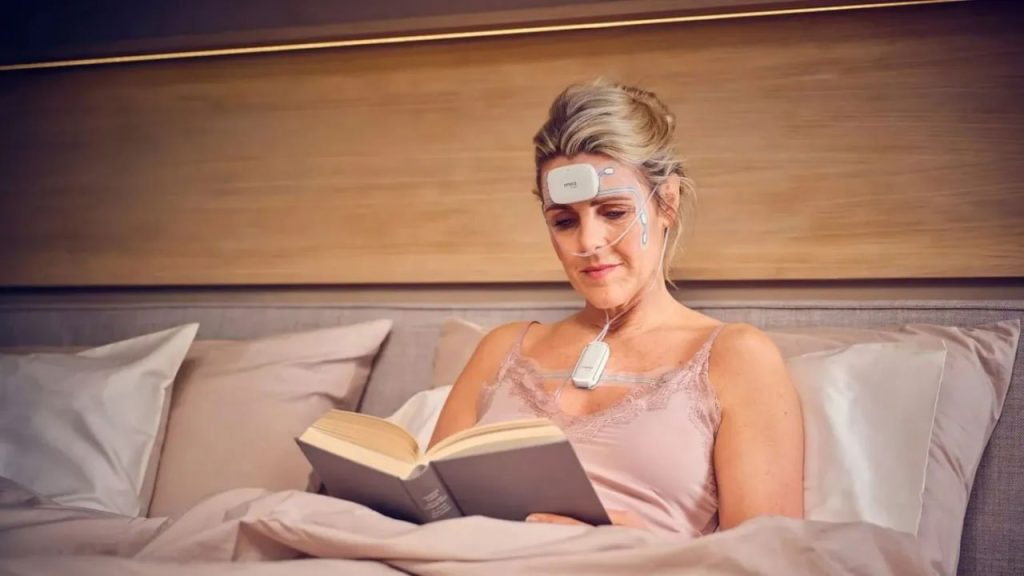What really goes on when you’re asleep? If you want to know, you’re going to need some help. Obviously, monitoring it for yourself is a little difficult when you’re dreaming sweet (or not so sweet) dreams. This isn’t just a matter of curiosity. Our sleep patterns, and the ways our physiology changes as we sleep, can tell us a lot about our overall health. It’s lucky that remote sleep studies may soon be a reality (https://longevity.technology/news/onera-lands-e30m-to-advance-remote-sleep-diagnostic-tech/).
A sleep study is any kind of test or monitoring that records your activity while you’re asleep. This could be heart rate, breathing, muscle movement, snoring or brain waves, to name just a few possibilities. There are several different types of sleep studies. They’re most often used to diagnose various sleep disorders, or as a way for psychologists to research sleep and its relationship to brain functioning and behavior, but quality of sleep can be a pretty good indicator of health in general.
One of the most common types of sleep study is known as polysomnography. This is a comprehensive set of tests to measure a wide range of physiological functions. It will track the movements of everything from your eyes to your legs, in addition to keeping an eye on your heart, breathing, blood oxygen, brain, and everything else. It also generally requires an overnight stay at a sleep center or even a hospital so the experts can monitor you properly.
Onera Health, a medtech company from the Netherlands, thought there was an easier way. It has raised more than $32 million in Series C funding (on top of the $27 million in a previous round) to support its development of a new, wireless sleep monitoring technology that uses patch-based sensors. It can work remotely while still providing as accurate and comprehensive a set of results as polysomnography.
It’s obvious that this kind of monitoring and testing technology, if it can be made to work on a larger scale, would be a quicker and more convenient option, making the diagnosis of sleep disorders much more accessible to the people who simply can’t take the time for an overnight stay, perhaps because they have work or childcare responsibilities.
The hope is that this latest funding will allow Onera to rapidly scale up the development and distribution of this new technology in Europe and America.




